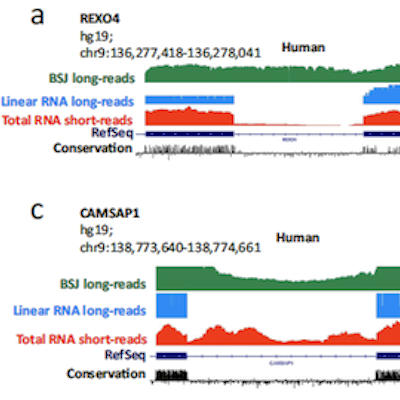September 8, 2021 -- Startup INanoBio has developed a new field effect nanopore transistor (FENT) device, which represents a step toward faster DNA sequencing.
The device's nanoscale transistor sensor is 1,000 times faster than current commercial nanopore technologies. The sensor is capable of high detection sensitivity and high sampling frequency that surrounds a central nanopore and allows DNA bases to be read at speeds of up to 1 million bases per second per pore. A FENT chip with 100,000 pores that can read up to 105 bases per second per pore is expected to sequence an entire genome in a few minutes, according to the company.
FENT combines complementary metal oxide semiconductor transistor technology with solid-state nanopores to offer faster DNA sequencing. Prototype FENT transistors with a nanopore diameter of less than 50 nm achieve an operating speed of 100 MHz. Previously, the company developed proprietary processes for making sub 5-nm nanopores in silicon. INanoBio said that it plans to integrate the FENT transistor with the sub 5-nm nanopores and scale the production of FENT array chips.
The goal is to have this targeted sequencing-based bedside diagnostic testing device "in every home" that can accurately detect pathogenic infections in presymptomatic stages to preempt future pandemics.
Copyright © 2021 scienceboard.net








